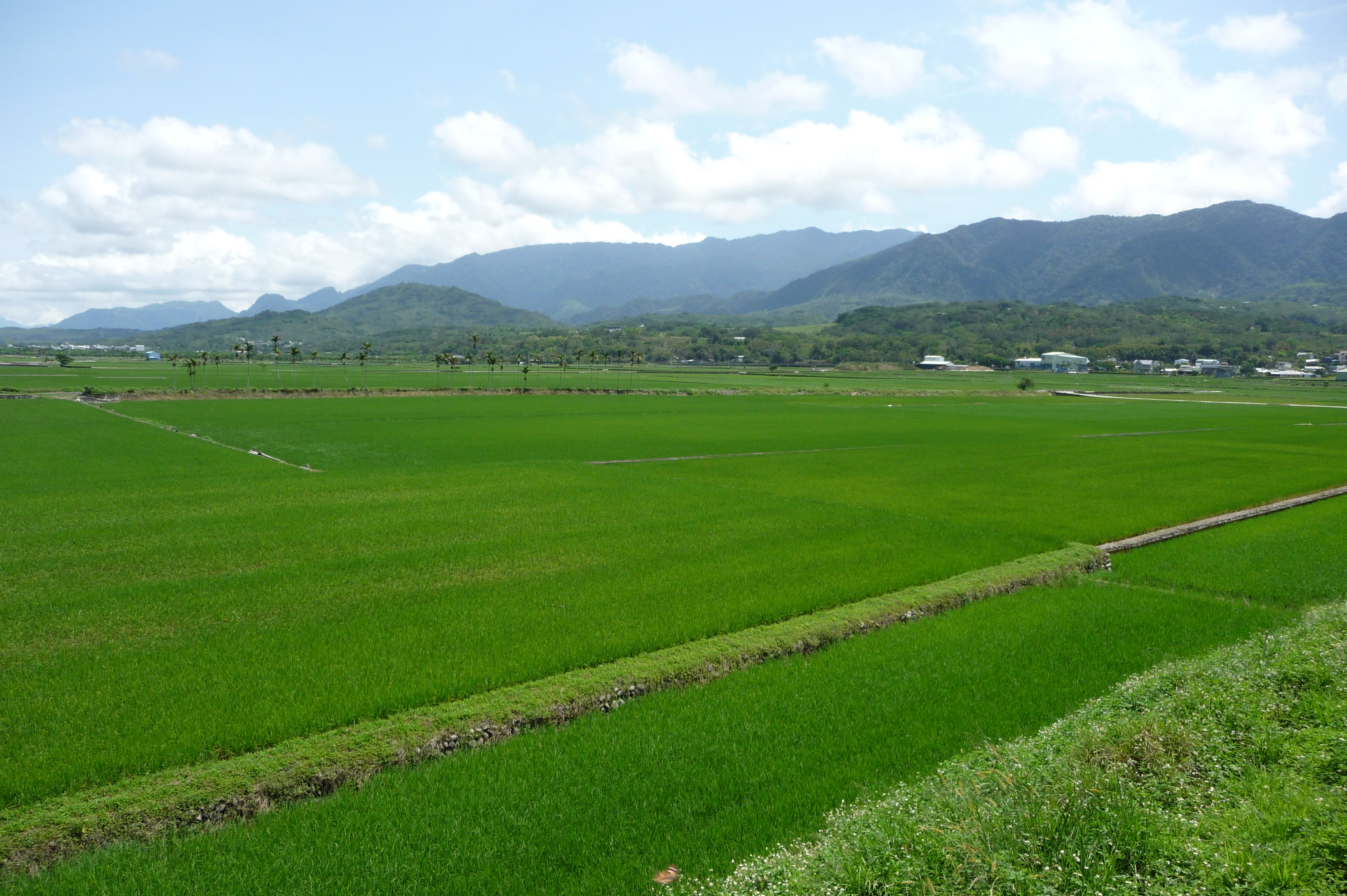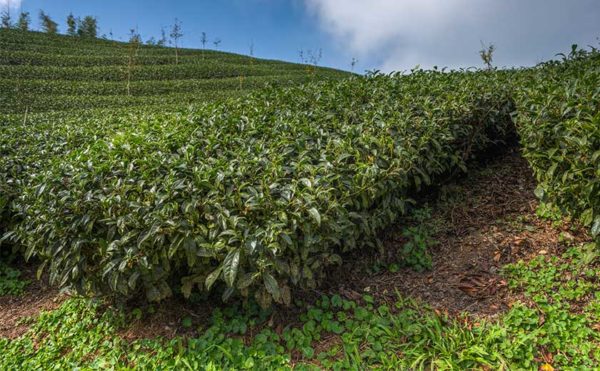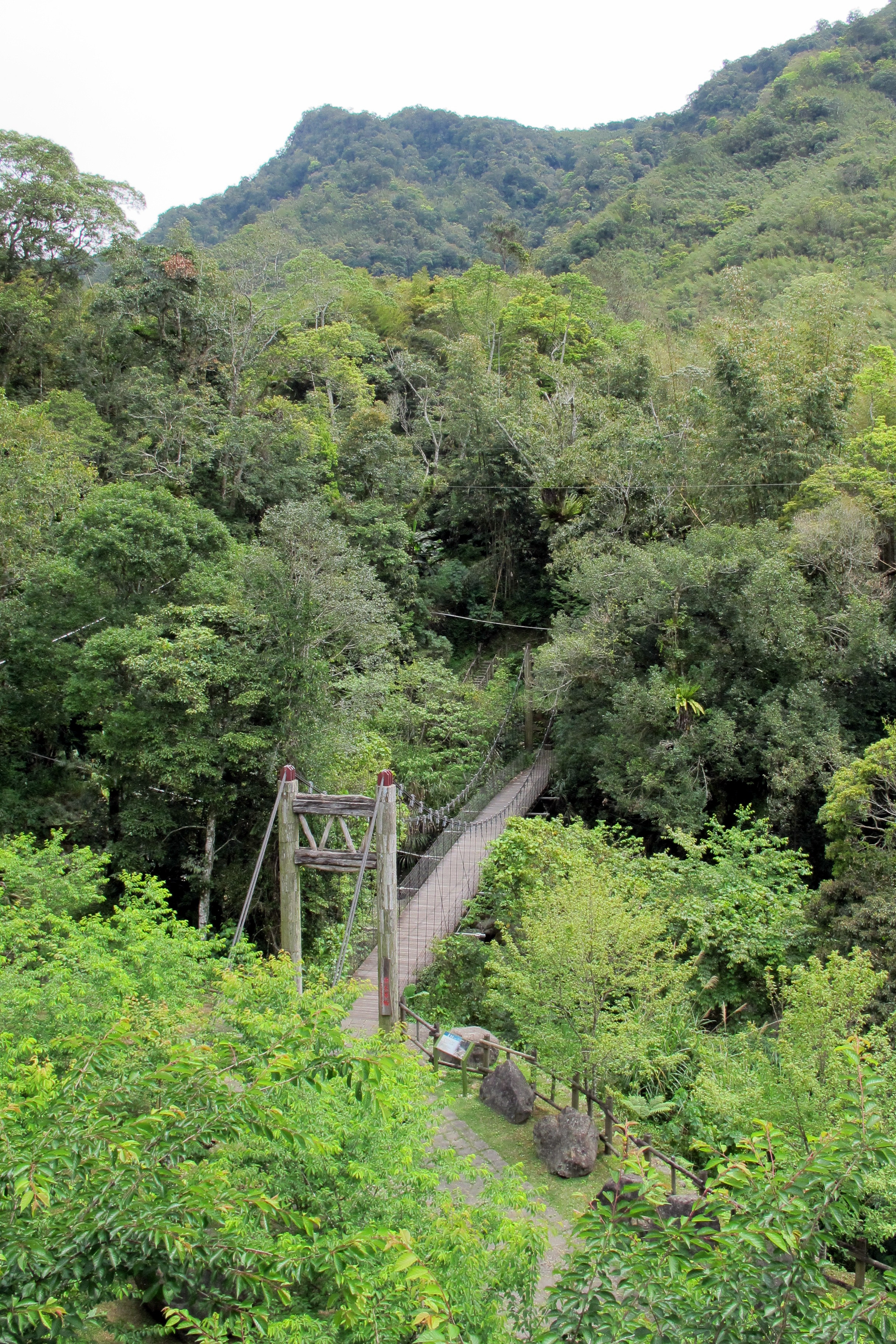Taiwan’s natural beauty comes alive as you venture beyond its bustling cities. This island nation, straddling the Tropic of Cancer, enjoys abundant sunshine and rainfall, fostering a vibrant, green landscape. Lands left untouched by urbanisation or agriculture quickly transform, with grasses, weeds, bushes, and fast-growing trees reclaiming their space.
A Rice Legacy in Chishang
Despite a shift away from agriculture’s economic prominence since the 1970s, Taiwan continues to produce approximately 90% of its rice. Renowned for its quality, Taiwanese rice, especially the local ponlai variety, remains a top choice among discerning diners. Chishang, a township nestled in the East Rift Valley, is celebrated for growing the finest rice. It’s worth noting that even passengers on EVA Air flights may savour Taiwanese ponlai rice in their in-flight meals, thanks to a partnership with Chishang’s farmers’ association.
Verdant Tea Plantations
Taiwan’s lushness extends to its numerous tea plantations, painting the landscape in vibrant shades of green. These plantations are not only visually captivating but also produce some of the world’s most sought-after teas.
Mountains and Forest Conservation
Venturing into Taiwan’s mountainous terrain, particularly en route to Alishan, reveals hillsides blanketed in bamboo and woodland. This commitment to preserving the environment stems from lessons learned the hard way—deforestation can lead to devastating landslides. Taiwan, despite its high population density, boasts a remarkable expanse of natural and government-planted forests, safeguarding the island from environmental threats.
Politics and Colours in Taiwan
In Taiwan, as in many countries, political affiliations are linked to specific colours. The Kuomintang, which governed Taiwan for several periods, and their allies are known as the ‘blue camp’ or ‘pan-blues.’ On the other side, you have the Democratic Progressive Party, led by President Tsai Ing-wen, and the smaller New Power Party forming the ‘pan-greens’ or ‘green camp.’ The political spectrum revolves around differing stances on relations with China and Taiwan’s sovereignty. However, unless you visit during the weeks leading up to an election, you’ll likely encounter little overt political activity. Taiwan’s democracy has matured, with engaged citizens balancing political dynamics.
Taiwan’s Majestic Mountains
Taiwan stands as one of the world’s most mountainous countries, boasting a landscape that’s both breathtaking and diverse. Nearly one-third of the island soars to heights of a kilometer or more above sea level, and a remarkable tenth of its terrain reaches elevations exceeding 2,500 meters. This topographical richness, with no fewer than 258 named peaks surpassing 3,000 meters, is a remarkable feature considering Taiwan’s size—just under twice that of Wales, slightly larger than Maryland, and approximately half the size of Tasmania.
Discover Taiwan’s Lush Green Landscape
For those keen on exploring the lush green landscape of Taiwan and Taiwan at large, Life of Taiwan offers an array of meticulously crafted tours of Taiwan to cater to the needs of English-speaking and European visitors. Whether you seek luxury tours or family-oriented adventures, we invite you to reach out and embark on a captivating journey through Taiwan.



